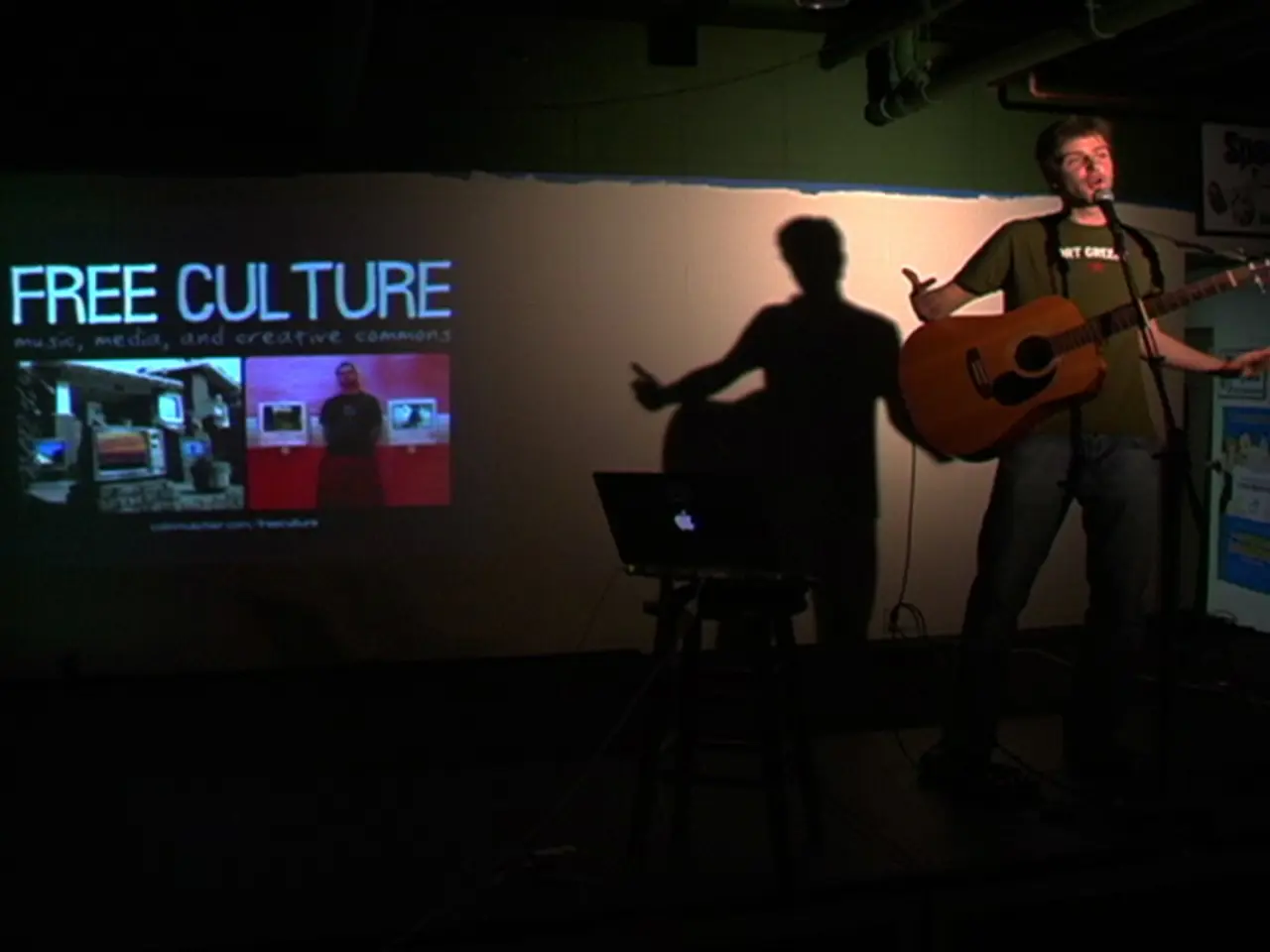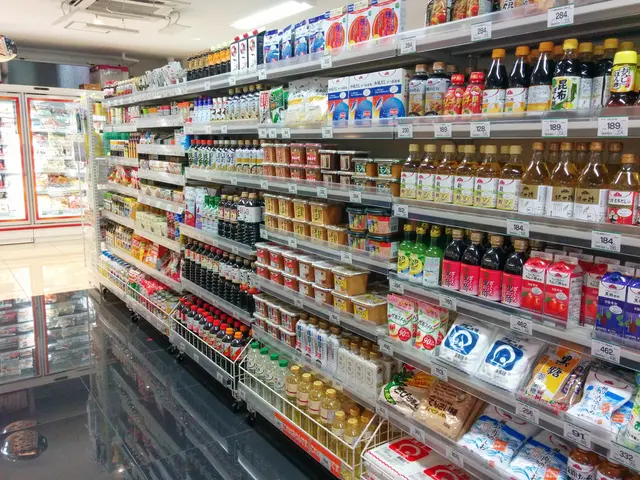Struggles intensify for U.K.'s entertainment freelancers as 44% fall short of a livable income
Struggling Freelancers in U.K. Entertainment Industry: A Concerning Picture Emerges
The Big Freelancer Survey, conducted annually since 2020, has highlighted the deteriorating conditions for the U.K.'s freelance entertainment workforce over the past five years. The survey spans various sectors of U.K. entertainment, including theatre, live events and concerts, opera, dance, film, TV, recorded audio, video games, and circus.
One of the key concerns raised by the survey is the low pay and pay precarity experienced by freelancers. Nearly half of all freelancers in theatre earn below the UK National Living Wage, effectively working at illegal pay rates if they were salaried employees. Freelancers frequently face insecure contracts and difficulties such as late or non-payment by clients, contributing to financial instability.
Mental health concerns are also reaching critical levels, with 39% of respondents reporting worsened mental health over the past year. This is not surprising given the high levels of job insecurity, with 70% of freelancers feeling "quite" or "very insecure" about their careers.
Mimi Doulton, a classical singer and FMTW volunteer, stated that the survey data presents a clear and concerning picture of the situation in which U.K. arts freelancers find themselves. She emphasised that the issues faced by freelancers are not limited to the theatre sector but affect the entire entertainment industry.
To address these challenges, several solutions and initiatives are being proposed or implemented. The UK government and industry bodies recognise these issues and suggest specific measures to improve pay stability, such as a guaranteed basic income or minimum hourly wage for freelancers across creative sectors. There is a strong call for establishing a Freelancers’ Commissioner with powers and cross-departmental oversight to develop frameworks targeting pay precarity, working conditions, hours, and inequality.
Industry support programs, like the BFI NETWORK, use public funding to support early-career filmmakers and freelancers, helping address career development and financial challenges indirectly. Proposed changes to tax and employment status rules (IR35 reforms) may reduce the double taxation burden and clarify contractor status, potentially improving income security and tax fairness for entertainment freelancers.
The government has appointed a creative freelance champion to advocate for freelancers, working alongside industry to strengthen rights and protections. However, this role is considered different and less extensive than the commissioner role.
Among those entertainment freelancers earning below the national living wage, the figures rise to 55% for those with disabilities, 54% for those from less-privileged socioeconomic backgrounds, and 47% for female respondents. Many freelancers called for free-to-join unions or income-based sliding scale membership options. Union membership remains at 56%, but affordability concerns and inadequate representation for freelancers' roles are barriers to joining.
A quarter of freelancers are considering leaving the industry entirely, citing low pay, insufficient work opportunities, mental health concerns, and job insecurity as primary factors. FMTW's recommendations include working with government and funding bodies to develop models guaranteeing fair pay, advocating for better understanding of freelancers' needs, and creating mechanisms to challenge exploitative practices.
Artificial Intelligence is a growing concern for freelancers in voiceover and composition work. Despite London's role as the industry's hub, 53% of freelancers earn less than the London Living Wage of £13.85 ($18.75) per hour. Film and TV freelancers expressed concerns about Brexit and the pandemic's impact on their work.
In summary, the main challenges are low and insecure pay, inequality, and unstable work conditions. The proposed solutions involve increased government intervention in protecting freelancer rights, better enforcement of fair pay standards, the appointment of dedicated advocacy roles, and reforms to tax and contracting rules to stabilise freelancer income and working conditions within the entertainment industry.
- The increasing use of technology in the entertainment industry, such as artificial intelligence, raises concerns for some freelancers, particularly those in voiceover and composition work.
- As the entire entertainment industry faces similar challenges, it is evident that addressing financial instability, mental health concerns, pay precarity, and job insecurity requires initiatives not limited to the theatre sector, but encompassing all fields like film, TV, technology, and lifestyle.




